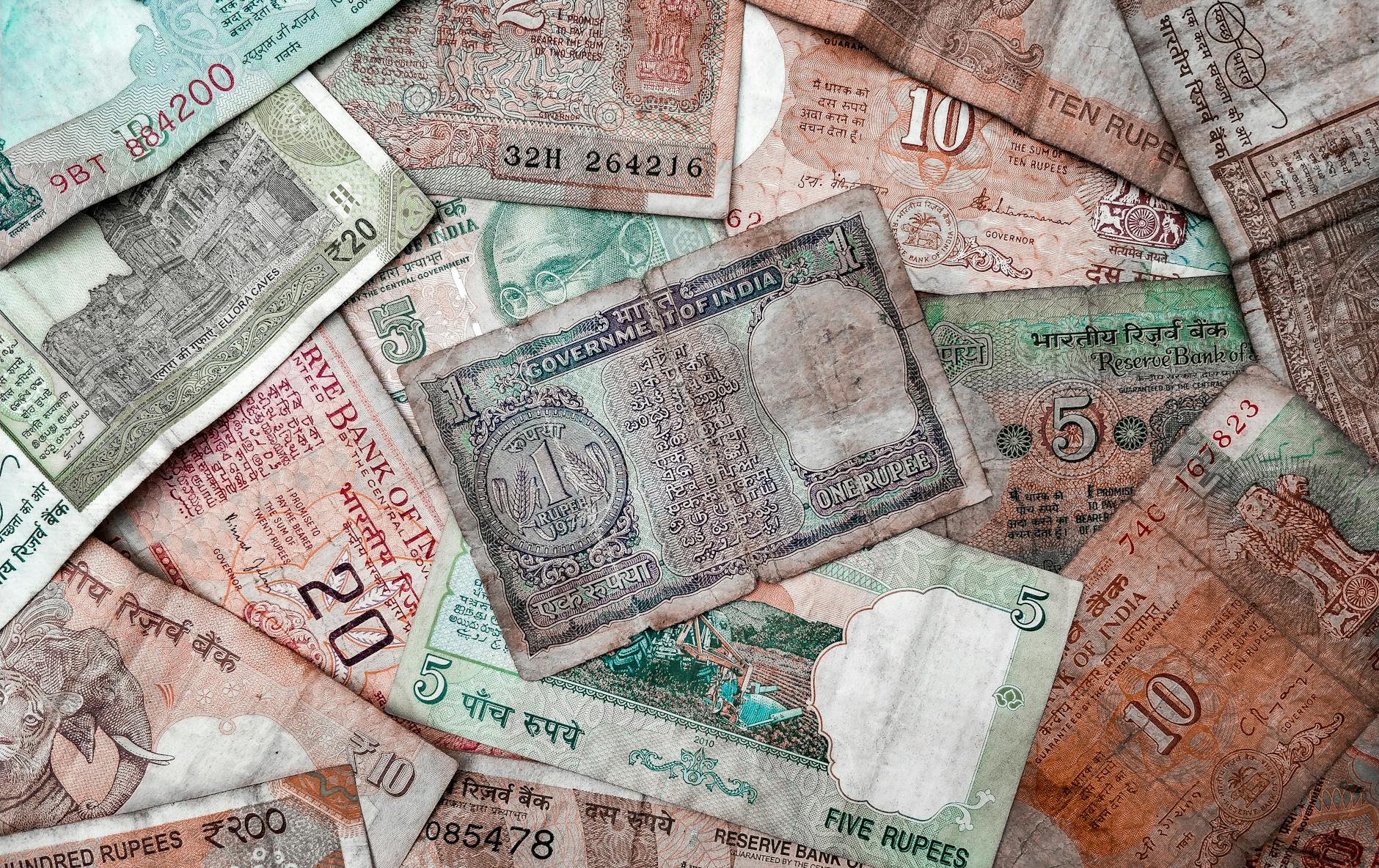Unraveling the complexities of trademark mistakes in India: A step-by-step guide to ensuring your brand is legally protected.
Table of Contents
Trademarks are crucial for businesses to distinguish their products or services from competitors. In India, the process of trademark registration can be complex, requiring careful attention to detail to avoid mistakes that could result in legal issues. This blog will guide you through various aspects of trademarks in India, including hearings, rectification, infringement notices, renewal, transfer, expedited registration, and international protection.
Trademark Hearing in India
A trademark hearing in India is a crucial step in the registration process. During the hearing, the trademark examiner reviews the application to ensure it complies with all legal requirements. It is essential to prepare thoroughly for the hearing by gathering all necessary documents and evidence to support your trademark application.
Trademark Rectification in India
Trademark rectification in India involves correcting errors or omissions in a registered trademark. Common reasons for rectification include spelling mistakes, incorrect classification, or outdated information. It is important to rectify any mistakes promptly to maintain the validity of your trademark registration.
TM Infringement Notice in India
Trademark infringement occurs when someone uses a registered trademark without permission. If you suspect infringement of your trademark rights in India, you can send a TM infringement notice to the infringing party. This notice serves as a warning and may lead to legal action if the infringement continues.
Trademark Renewal in India
Trademark renewal in India is necessary to maintain the validity of your trademark registration. Failure to renew your trademark on time can result in its cancellation, leaving your brand vulnerable to exploitation by others. It is important to keep track of renewal deadlines and adhere to the renewal process.
Trademark Transfer in India
Trademark transfer involves transferring ownership rights of a trademark from one entity to another. In India, the transfer of a trademark requires proper documentation and approval from the trademark office. When transferring a trademark, it is essential to ensure that all legal formalities are followed to avoid disputes in the future.
Expedited TM Registration
Expedited trademark registration in India allows businesses to fast-track the registration process. This option is beneficial for companies that need urgent protection for their trademarks. However, expedited registration may incur higher fees, so it is important to consider the costs and benefits before choosing this option.
| Common Mistakes | Corrections |
|---|---|
| Not conducting a thorough trademark search before filing | Ensure to conduct a comprehensive trademark search to avoid conflicts |
| Using a trademark that is too similar to an existing one | Modify the trademark to make it distinct and unique |
| Not registering the trademark with the appropriate authorities | File for trademark registration with the Trademarks Registry in India |
| Not renewing the trademark registration on time | Keep track of the renewal deadline and ensure timely renewal |
| Ignoring potential infringement issues | Stay vigilant and take legal action against infringers |
USA Trademark Registration
Trademark registration in the USA follows a different process compared to India. Understanding the key differences between the two systems is crucial for businesses operating in multiple countries. Registering a trademark in the USA offers additional protection for your brand in the American market.
International Trademark
International trademark protection is essential for businesses looking to expand globally. Registering your trademark internationally provides protection in multiple countries, safeguarding your brand from infringement. However, navigating the international trademark registration process can be challenging, requiring thorough research and legal expertise.
Logo Designing and Design Registration
A logo is a visual representation of your brand and plays a significant role in brand identity. Designing a unique and memorable logo is essential for standing out in the market. Registering your logo design in India and internationally provides additional protection against unauthorized use or imitation.
In conclusion, navigating the world of trademarks in India requires attention to detail and a thorough understanding of the legal requirements. By following the guidelines outlined in this blog, businesses can ensure their trademarks are protected and secure in the competitive market.
Frequently Asked Questions
Is trademark registration mandatory in India?
Answer 1: While trademark registration is not mandatory, it is highly recommended to protect your brand from potential infringement and legal issues. Registration provides exclusive rights to use the trademark and allows for legal action against infringers.
How long does trademark registration in India take?
Answer 2: The timeframe for trademark registration in India can vary. Generally, it takes around 18-24 months for the entire registration process, including examination, publication, and opposition. Expedited registration options are available for faster processing.
Can I transfer my trademark rights in India?
Answer 3: Yes, trademark rights can be transferred in India through a formal assignment agreement. Proper documentation and approval from the Trademarks Registry are required for the transfer to be legally valid.
Do I need separate trademark registrations for India and the USA?
Get
Answer 4: Yes, trademark registrations are territorial, meaning they provide protection only in the country where they are registered. If you operate in both India and the USA, it is advisable to register your trademark separately in each country for comprehensive protection.

